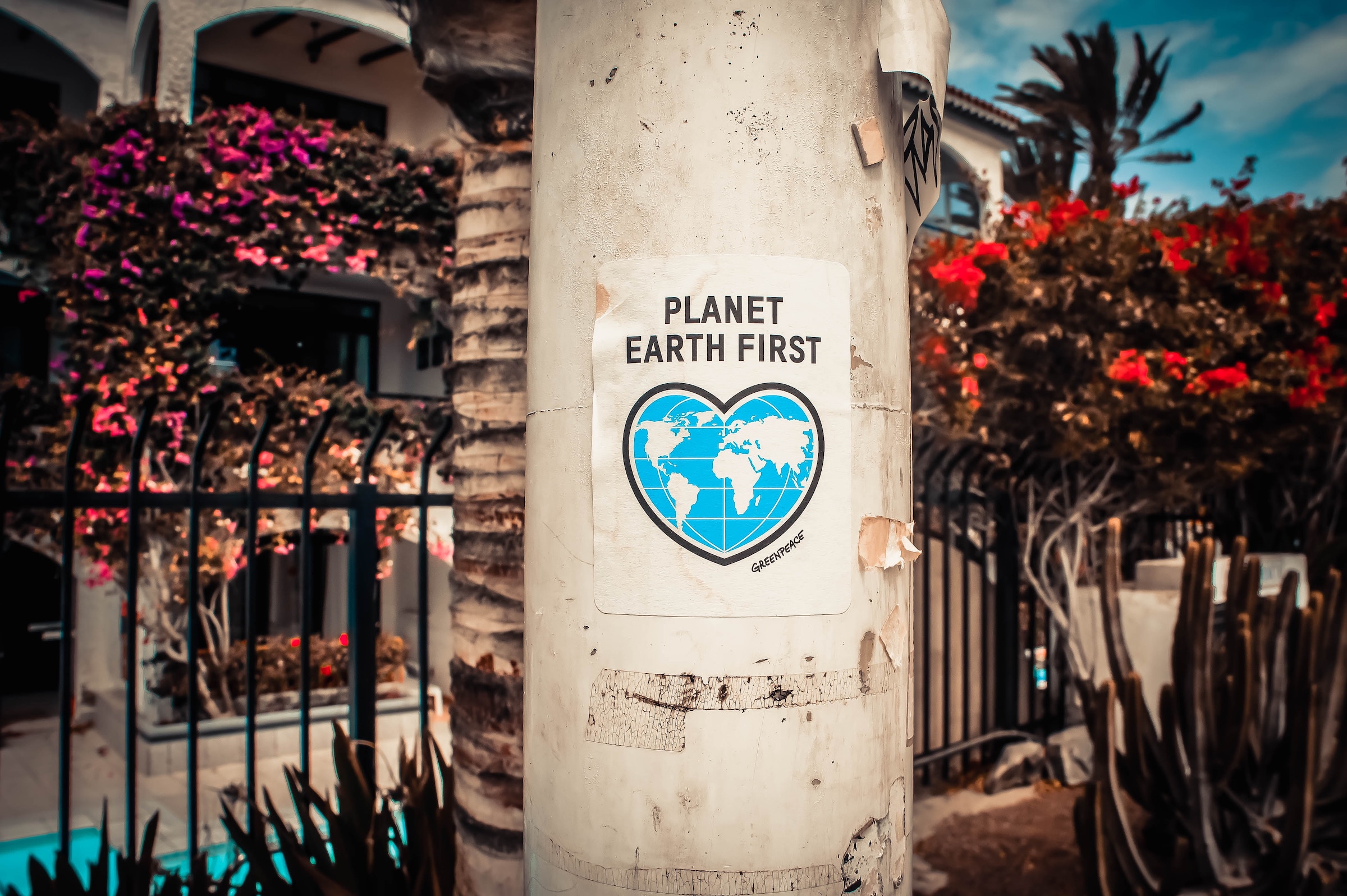Introducing Ategi’s environmental project & how charities can lead by example in protecting the natural world
By Sam Halling, Ategi's Environmental Impact Intern
The time for environmental action is now. In 2019, governments across the UK officially declared that we are facing a climate emergency. Two years later, in response to the unfolding biodiversity crisis, the Welsh government went one step further by also declaring a nature emergency. The consensus is clear; our actions as a society are both changing the climate and causing destruction to the living world. This is not only bad news for the diverse array of remarkable organisms we share this planet with, but also bad news for us. Whether it is our reliance on insects and healthy soils to produce the food we eat; or the relationship we have with the weather and climate patterns that influence where we can live - for example, changes in sea level, or the frequencies of drought and flooding events. Our own well-being is inseparable from that of the natural world.
It is difficult to talk about these subjects without having feelings of worry or sadness, as I have come to know all too well from spending several years researching and learning about them. However, it is important to understand that these feelings are perfectly normal, and while we cannot afford to shy away from the challenges we face as a society, it is helpful to counterbalance the negative emotions with a sense of optimism. We can do this by shining a light on some of the positive actions being carried out in response to these challenges.
Enter Ategi.
As part of Ategi’s goal to ensure they are future-fit and ready to embrace change, Ategi is striving to become a climate-conscious organisation that considers and acts to reduce the environmental impact of the essential services they provide. To help realise this ambition, I have been recruited on an eight-week internship placement, assisting with the delivery of Ategi’s recently launched environmental project. So far, I have been working with colleagues across the organisation to gather the data needed to calculate the organisation’s carbon footprint, and - along the way - identifying areas where improvements could be made to reduce the impact on the natural world. These findings have fed into the development of an official environmental policy, as well as a few green operational policies and procedures designed to help reduce emissions. As the project approaches an end, we are now laying the foundations for an environmental management system, which will ultimately enable Ategi to review and monitor their progress going forwards.
I feel inspired by the decision Ategi has made to embark on such a project. At the time of writing, charities are not bound to the same targets as the public and corporate sectors. This means taking environmental initiative is an optional endeavour. This provides an opportunity for charities - especially those whose cause is not specifically environmental - to lead by example. They are taking responsibility for their actions, make small yet meaningful changes, and show that people and planet must come first.
The great news is that, when charities do this, it also brings a host of additional benefits. Taking positive environmental actions, such as reducing material use or switching to renewable energy, can often lead to financial savings. This can then be redirected into charitable activities. Meanwhile, by committing to the monitoring and reduction of their environmental impact, charities send out a clear signal that they are dedicated to making society a better place to live, in ways beyond the scope of their day-to-day operations. This has far-reaching positive implications, from reinforcing job satisfaction for staff and volunteers to assuring potential donors and fundraisers that the charity is serious about addressing social issues long-term.
For Ategi, this project and the organisation’s environmental commitments sends a strong message; in addition to providing invaluable support to the people who need it. Helping them to live their lives, their way - the charity also extends that support to the environment and to the planet on which those people live.

Sam Halling, Ategi's Environmental Impact Intern
"Ategi is striving to become a climate-conscious organisation that considers and acts to reduce the environmental impact of the essential services they provide."











About the author
Ategi comms
This post was written by the Ategi comms team.